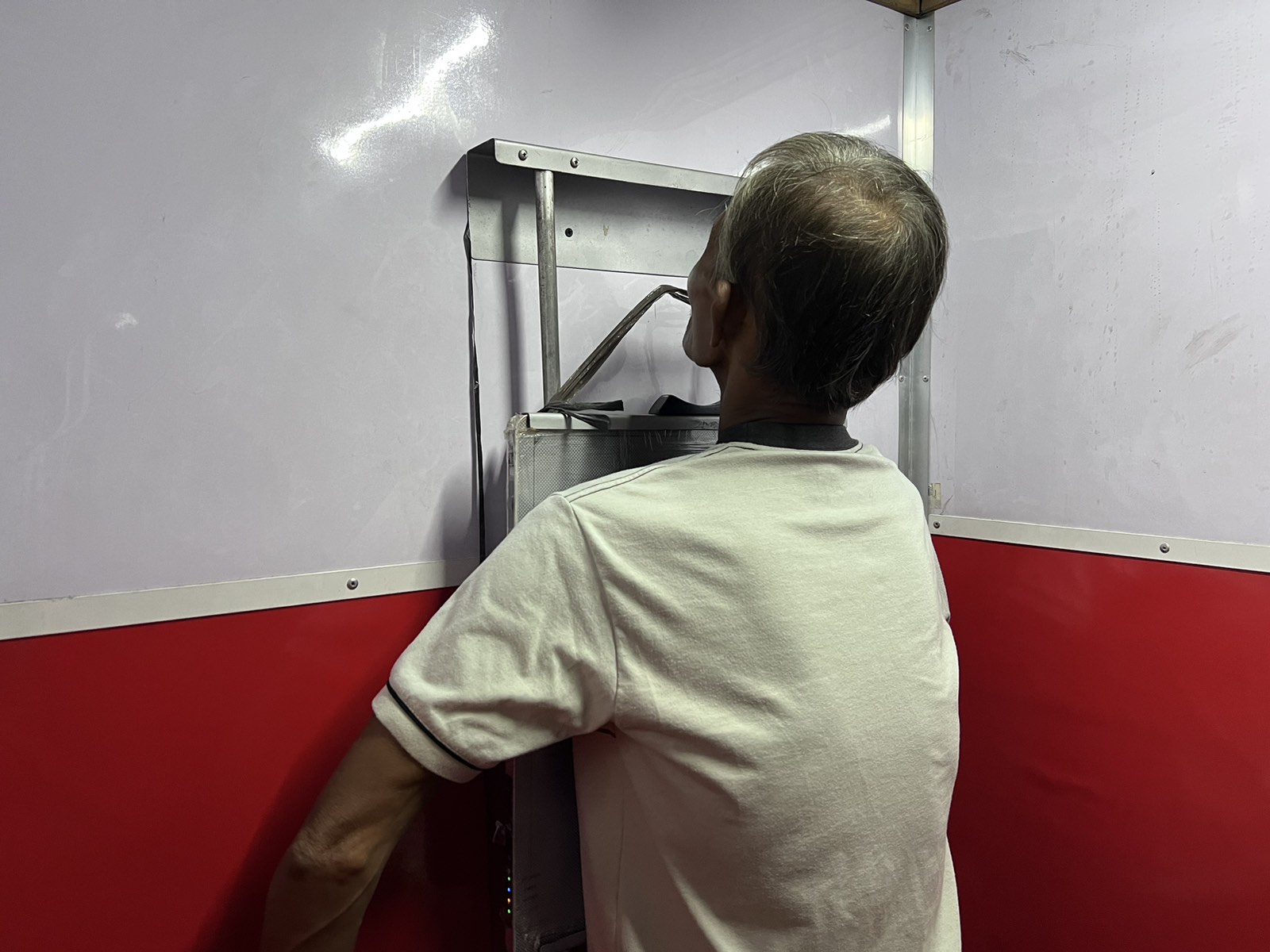In the second quarter of 2022, the Culion Foundation, in collaboration with the Philippine Business for Social Progress (PBSP) and the Department of Health (DOH), embarked on a crucial TB-Active case finding initiative in the islands of Mindoro, Marinduque, and Romblon. This project aimed to screen and identify vulnerable groups, including the elderly, people living with HIV (PLHIV), other immunocompromised individuals, smokers, and those exhibiting TB-related symptoms.
Tuberculosis remains a critical public health issue in the Philippines, and certain populations face higher risks of infection and complications. The elderly, PLHIV, immunocompromised individuals, smokers, and those displaying TB symptoms are particularly vulnerable. By focusing on these groups, the Culion Foundation and its partners sought to detect active TB cases early, providing timely treatment and reducing the spread of the disease.
Oriental Mindoro and Occidental Mindoro, both island provinces, presented unique logistical challenges for the TB-Active case finding initiative. The Culion Foundation, PBSP, and DOH demonstrated their commitment to public health by implementing extra efforts to reach remote communities.
Understanding the importance of accessibility, the initiative deployed mobile clinics and healthcare teams to remote areas, ensuring that vulnerable populations were not left behind in the screening process. These teams traveled across the islands, bringing healthcare services closer to the people who needed them most.
Despite the challenges of operating in island provinces, the initiative successfully screened a total of 3000 individuals, demonstrating its commitment to extending healthcare services to even the most remote areas.
Beyond the numbers, the initiative’s impact resonated in the improved health outcomes and strengthened healthcare-seeking behavior within the communities. By extending healthcare services to hard-to-reach areas and raising awareness about TB, the project contributed to reducing the burden of the disease in Oriental Mindoro and Occidental Mindoro.
By prioritizing vulnerable groups and overcoming logistical barriers, this collaborative effort demonstrated the transformative power of public-private partnerships in enhancing healthcare access and improving public health outcomes. Moving forward, the lessons learned from this initiative will undoubtedly pave the way for more effective and inclusive healthcare initiatives in similar regions.

